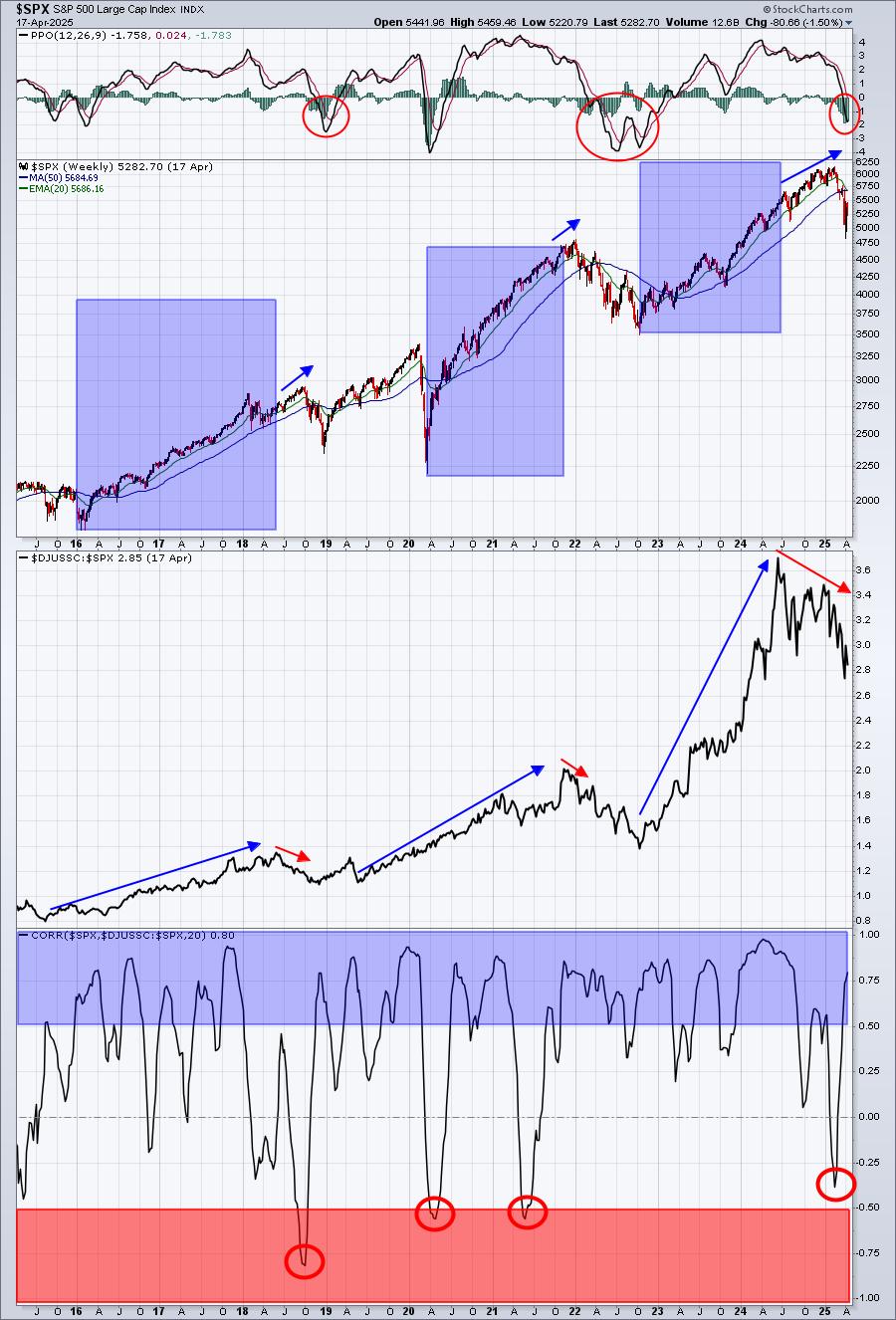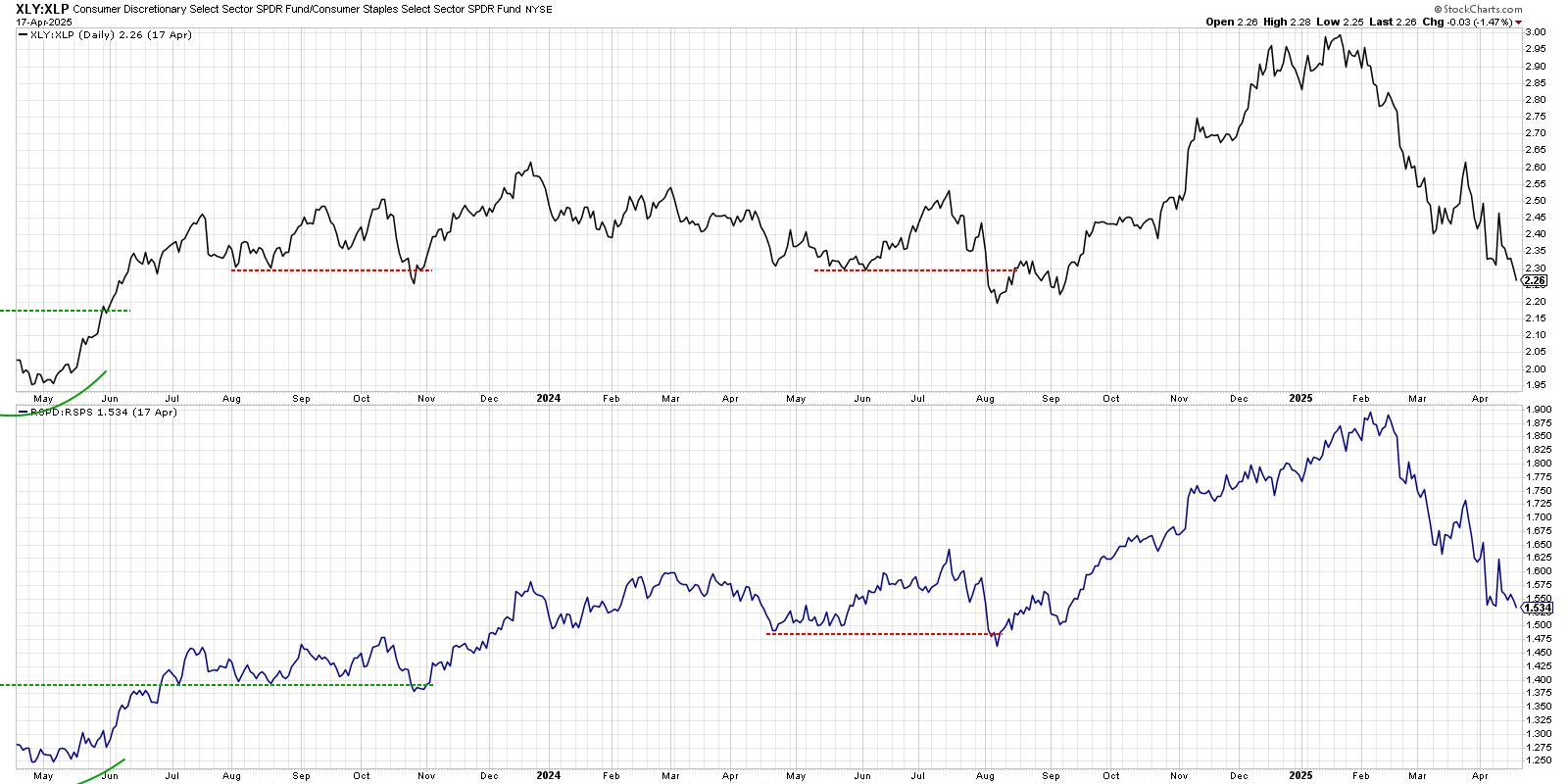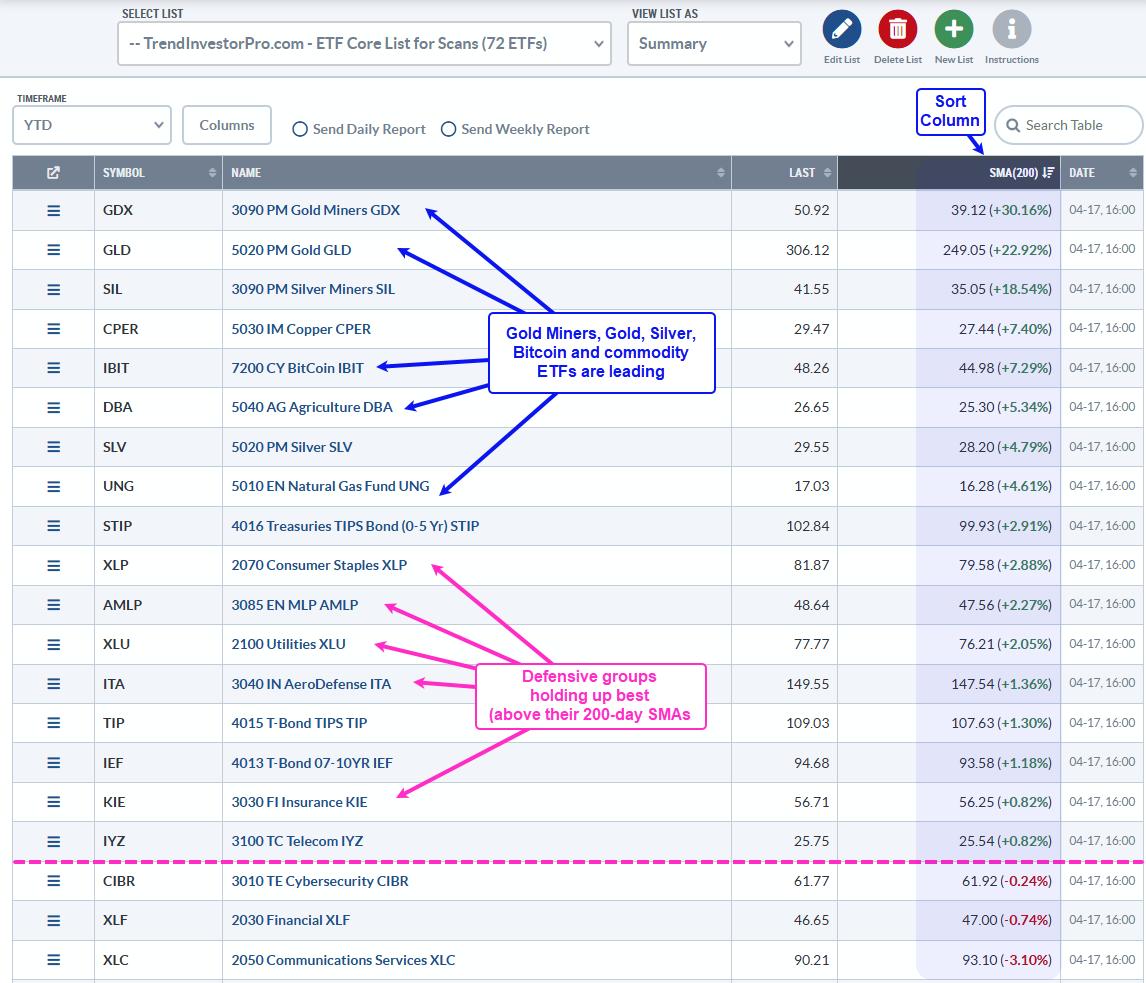Highly educated people are, for the most part, trained to ask the question “Why?” Engineers, accountants, doctors, lawyers and the like invariably want to know all they can about why certain things happen. The assumption is, of course, that knowing why will help you do the right thing in your career domain and therefore get nicely rewarded for it.
While this strategy may work well in one’s particular profession, the stock market domain is completely different. In the financial arena, one is not necessarily going to be rewarded just because they understand the underlying reasons why something happened. To the contrary, pursing rational answers within a seemingly whacky market may generate an academically satisfying list of explanations but without financial rewards. An investor’s pursuit of “why” may waste precious time and energy when the focus instead should really be on identifying the “what” and then following up with the appropriate action.
For an investor, the market only rewards one for knowing what is happening at any particular moment and for then acting upon those insights. Yes, you may find the “why” to be intellectually satisfying, but unfortunately she is the one who is always late to school, allowing the “what” to score higher grades!
Once you can embrace the belief that your rewards lie in demanding to know what is happening, you will gain a measure of control and peace over your all-important “investor self”. Only then will you be allowed to proceed further up the mountain of enlightenment and profitability by now wrestling with probabilities versus predictions.
Many professionals, such as engineers, know that if they apply solution A to problem X, a good outcome can be predicted with near certainty. When these same individuals bring this sort of predictive thinking to the markets as recreational investors, the results can be frustrating. The stock market game is one of odds and probabilities. It’s a complex auction arena fueled by millions of different investors, voting with their money based upon their unique emotions, needs and beliefs. Even the most sophisticated algorithms can’t predict how particular individuals will react. Having said that, a carefully designed trading methodology, deployed in a disciplined consistent manner, will shift the probabilities significantly in your favor. The more appropriate the methodology, the higher the probability of profits.
Once you are focused on the “what” and have accepted the reality of probabilities, your final quest is to embrace change. The realities and consequences of investing at today’s fast internet speed requires both retail traders and recreational investors to resign themselves emotionally to change. They must be willing to tolerate adjustments in their methodologies and to acknowledge that busted chart patterns and failing indicators are part of the investing landscape these days.
If you think it’s difficult selling a stock you’ve fallen in love with, consider the sizeable struggle you endure by conceding that your beloved trading methodology – the one you’ve spent years building and learning – must now be changed as well. You must recognize that this will require immense emotional and intellectual energy. Are you willing to change and do what it takes to pull profits out of the market?
Bottomline: Highly educated people must learn to overcome their need to know the cause of things. Instead, they must learn to focus on clearly understanding what is happening and then having the discipline and risk management skills to act decisively. Retail traders and recreational investors alike must embrace and trade the actual market they are given, not the market they hoped for or the one they believe they are about to figure out.
If you are an educated professional and you want to succeed in the stock market, you must be willing to jettison those portions of your career training that are at odds with investing. Instead, you must:
- focus on what is happening and not why it is occurring
- deploy probabilities over predictions
- embrace change and be willing to make necessary adjustments
Trade well; trade with discipline!
-- Gatis Roze







